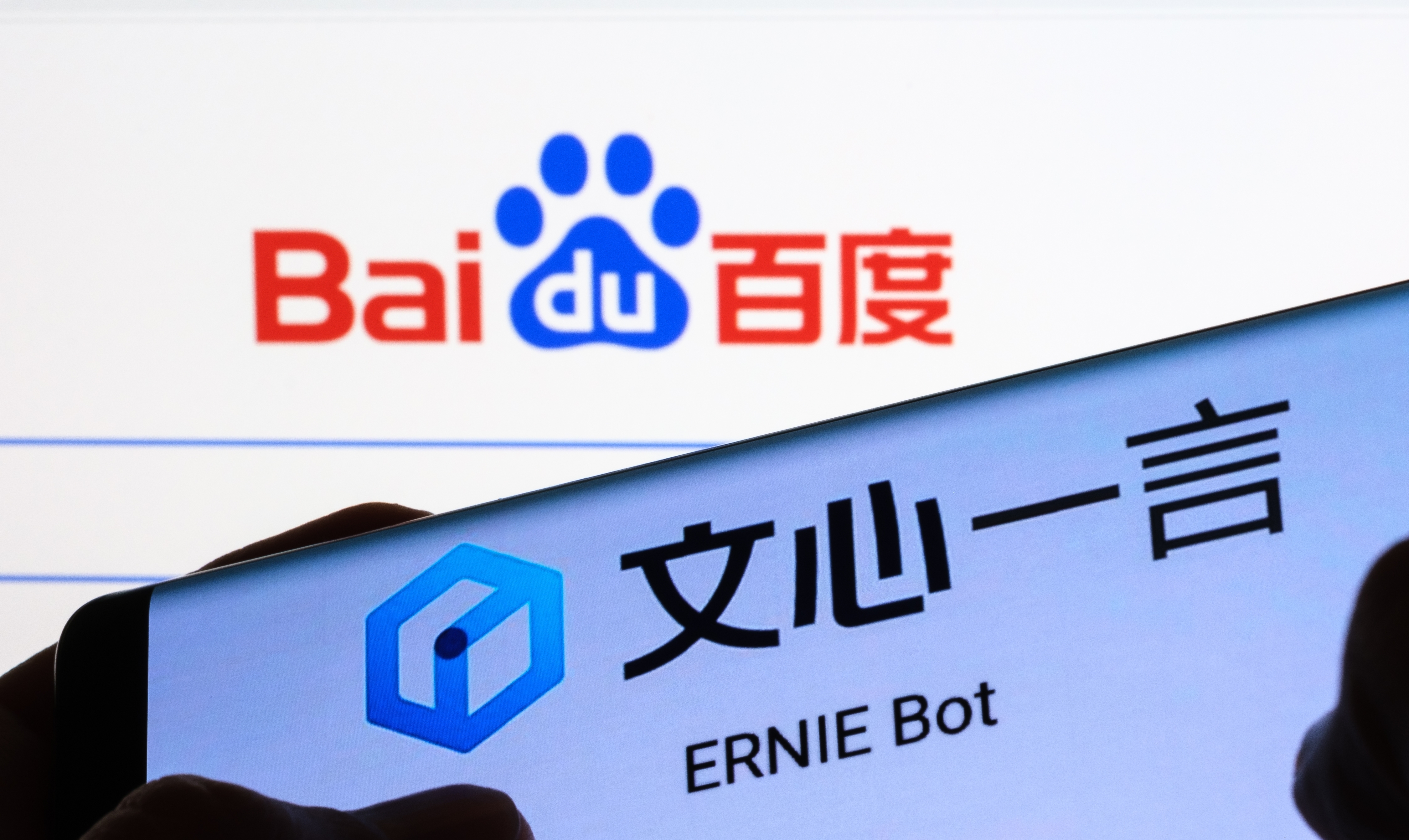In a first, China allows public to use generative AI chatbots
One of the first countries to publish rules and regulate the generative AI industry in July, China has granted approvals to several tech firms, including Baidu's 'Ernie Bot' and SenseTime's 'SenseChat' for mass market use.
by Staff Reporters

Please sign in below or access limited articles a month after free, fast registration.
If you don’t yet have an account, you can register for free to unlock additional content. For full access to everything we offer, view our subscription plans.
Sign In
Register for free
✓ Access limited free articles each month
✓ Email bulletins – top industry news and insights delivered straight to your inbox
Subscribe
✓ Unlimited access to all Campaign Asia content
✓ Real-world campaign case studies and career insights
✓ Exclusive reports, industry news, and annual features
